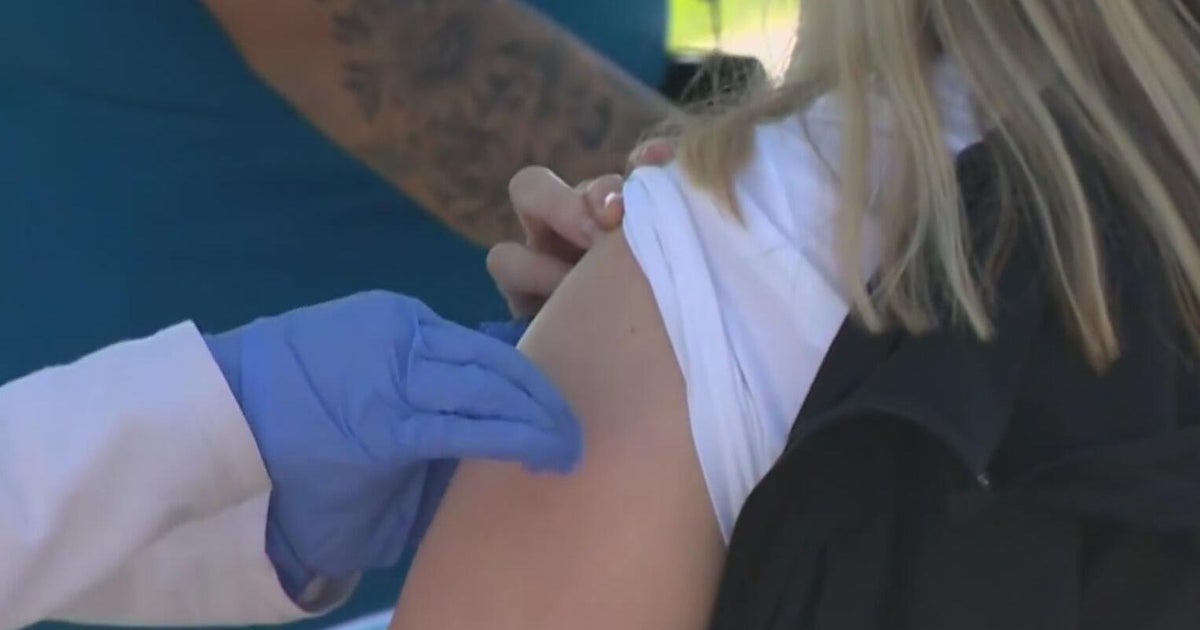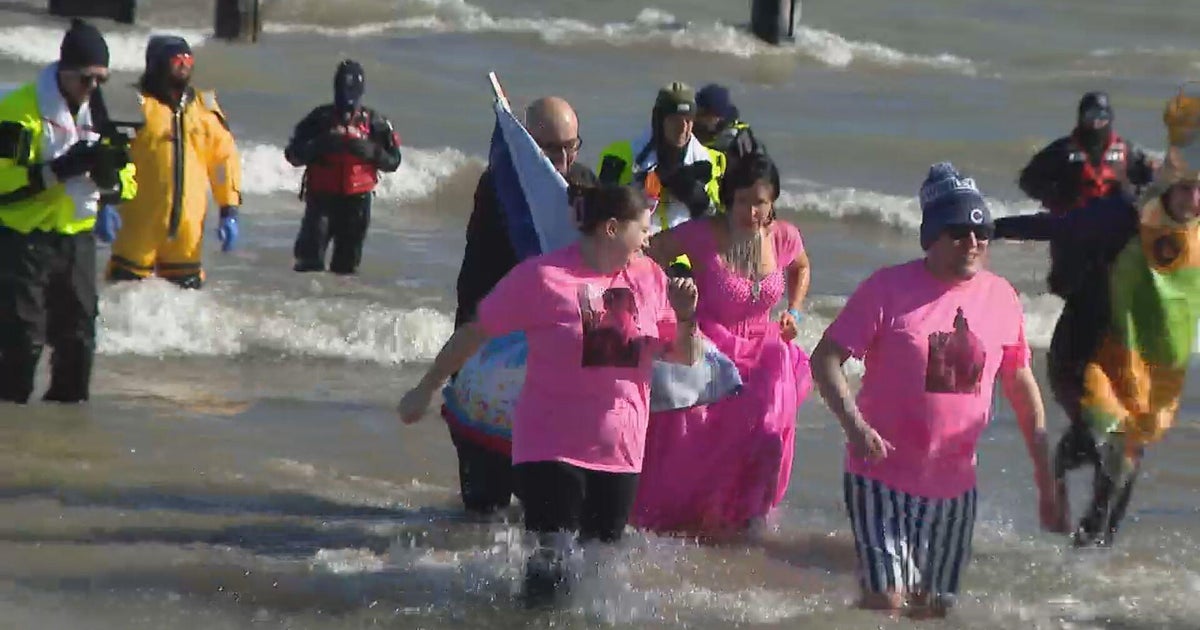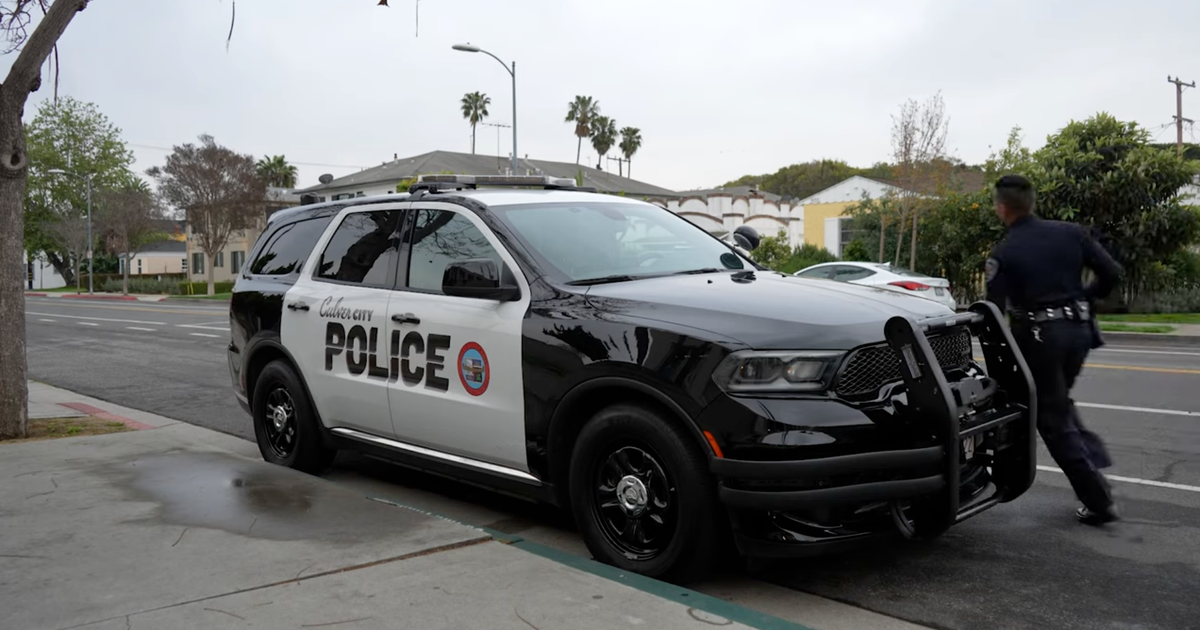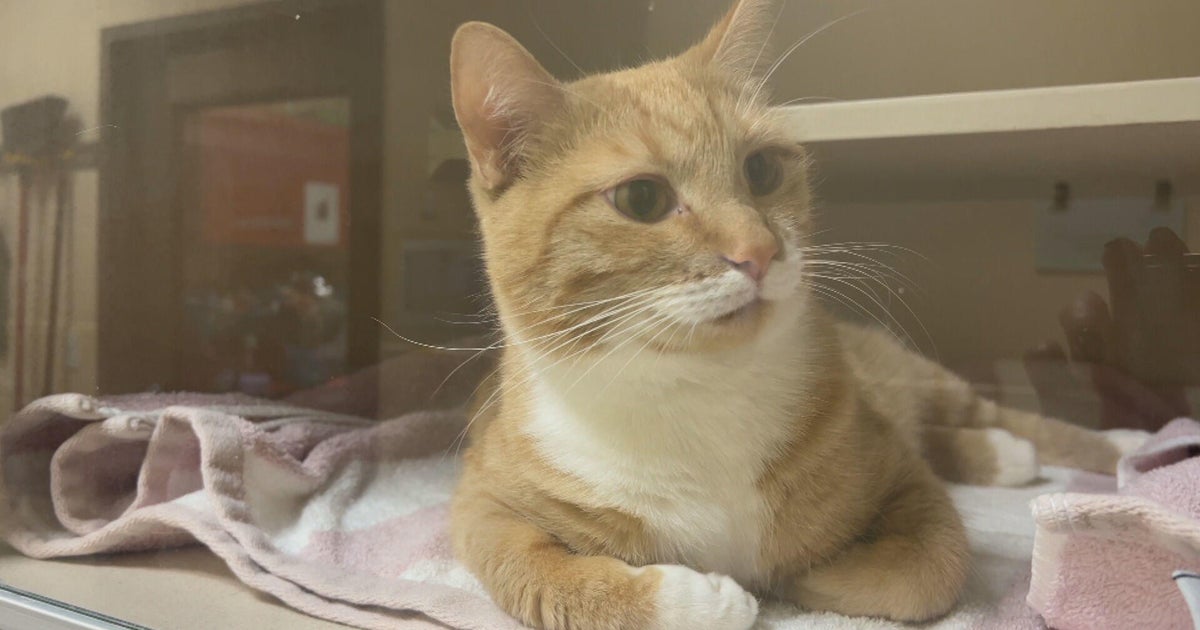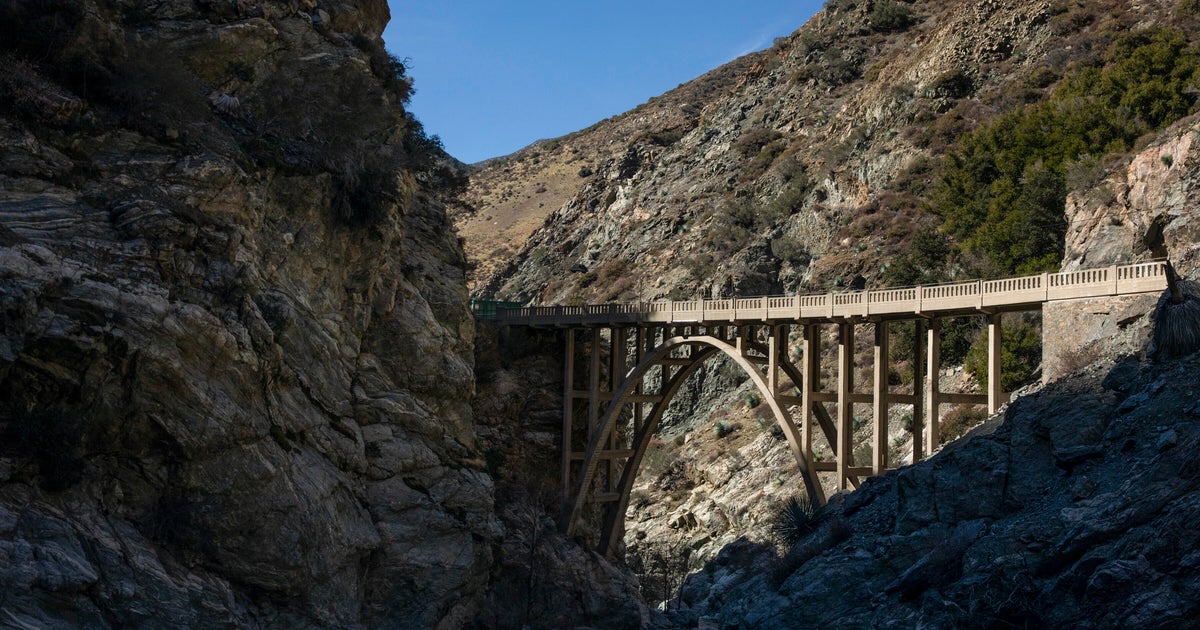Daylight saving time: Michiganders urged to check carbon monoxide detectors
(CBS DETROIT) - Daylight saving time is ending at 2 a.m. on Nov. 6, which means we have to adjust our clocks to go back an hour.
In preparation, state officials are also urging residents to take action in preventing carbon monoxide poisoning.
According to the Michigan Department of Health and Human Services (MDHHS), residents are advised to check that furnaces and carbon monoxide detectors are working properly. Officials say items such as furnaces, water heaters, generators, gas grills, dryers, lanterns, space heaters, fireplaces, chimneys and gas stoves can cause CO poisoning.
Data shows 1,090 Michiganders went to an emergency room for CO poisoning in 2019 -- an increase from 941 people in 2018.
According to the Centers for Disease Control and Prevention, about 50,000 people are taken to an emergency room each year.
MDHHS officials say carbon monoxide is odorless and tasteless and is called a "silent killer."
"Symptoms of carbon monoxide exposure include flu-like symptoms – headache, dizziness, fatigue, shortness of breath, confusion and nausea," Dr. Natasha Bagdasarian, chief medical executive, said in a press release. "If you think you have been exposed, it is important to get into an area with fresh air immediately and seek medical attention."
To protect yourself and your family from CO, follow these safety tips:
- Make sure you have working CO detectors.Detectors on every level of your home, including the basement, are strongly recommended. Detectors can be purchased at most hardware and big box stores. Daylight saving time is a good time each year to replace the batteries in your detector and push the "Test" button to be sure it's working properly.
- Change batteries every six months (fall and spring) and replace your detector every five years or according to manufacturer's instructions.
- Use a battery-powered detector where you have fuel burning devices but no electric outlets. Having a CO detector handy when using tents, cabins, RVs and boats with enclosed cabinsis a good safety practice.
- Have your furnace or wood-burning stove inspected annually. Hire a professional to make sure it is functionally sound and vents properly outside the home.
- Generators should be run at a safe distance (at least 20 feet) from the home. Never run a generator in the home, garage, or right next to windows or doors.
- Never run a car in an enclosed space.If a vehicle is running, you must have a door open to the outside.
- Never run a gasoline or propane heater or a grill (gas or charcoal) inside your home or in an unventilated garage.Any heating system that burns fuel produces CO.
If you suspect you may be experiencing CO poisoning, or your CO detector alarm goes off, go outside immediately for fresh air and then call 911.
